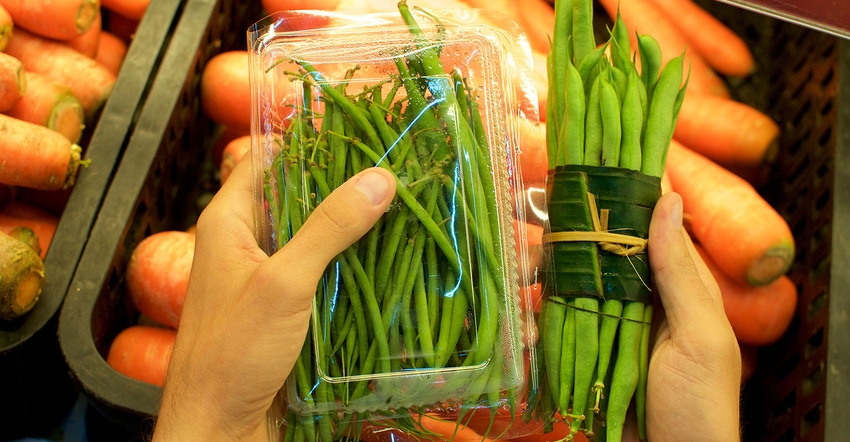The lack of a truly compostable flexible film and infrastructure issues associated with recyclables were among the challenges leading natural products brands cited in their sustainable packaging efforts.

Even as sustainability rises higher on the priority lists of supplement and functional food and beverage brands, the packages that contain natural products often lag in integrity compared to the healthy, sustainable goods inside.
In this Q&A, Natural Products Insider asked brand representatives about sustainable packaging options, new technological advancements pushing the movement forward, and ways brands can improve their packaging initiatives.
When it comes to major challenges, brands said that a fundamental shift in infrastructure may be needed when it comes to recycling, finding environmentally friendly alternatives that still meet brand protection needs, and the lack of a compostable film that can hold nut butters.
As to the role that sustainability plays in packaging strategies, feedback included tea bags made out of biodegradable, unbleached, non-GMO Manila hemp fiber; truffle wrappers made from eucalyptus wood pulp and a thin layer of aluminum as an alternative to petroleum-based plastic, and working with the OSC2 Packaging Collaborative to develop a functional, sustainable and renewable film structure with appropriate barrier qualities.
Future goals included creating a 100% recyclable bag for peanut butter cups; being 100% reusable, recyclable or compostable, and working toward a commitment to use an average of 25% post-consumer recycled material in all rigid plastic packaging; and aligning business strategies with climate action.
To read this article in its entirety, check out Packaging: The global challenge of sustainability – digital magazine.
About the Author(s)
You May Also Like






.png?width=800&auto=webp&quality=80&disable=upscale)